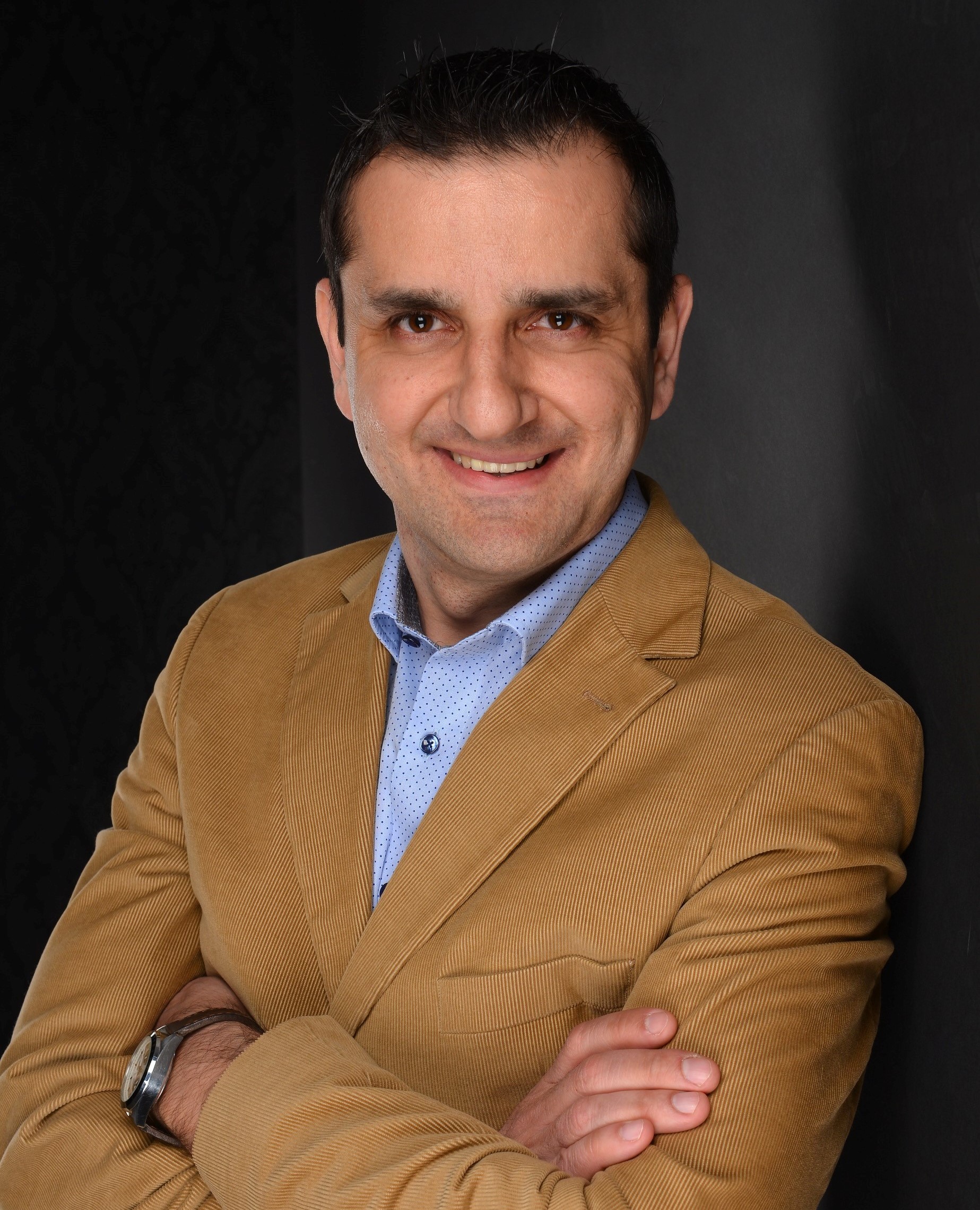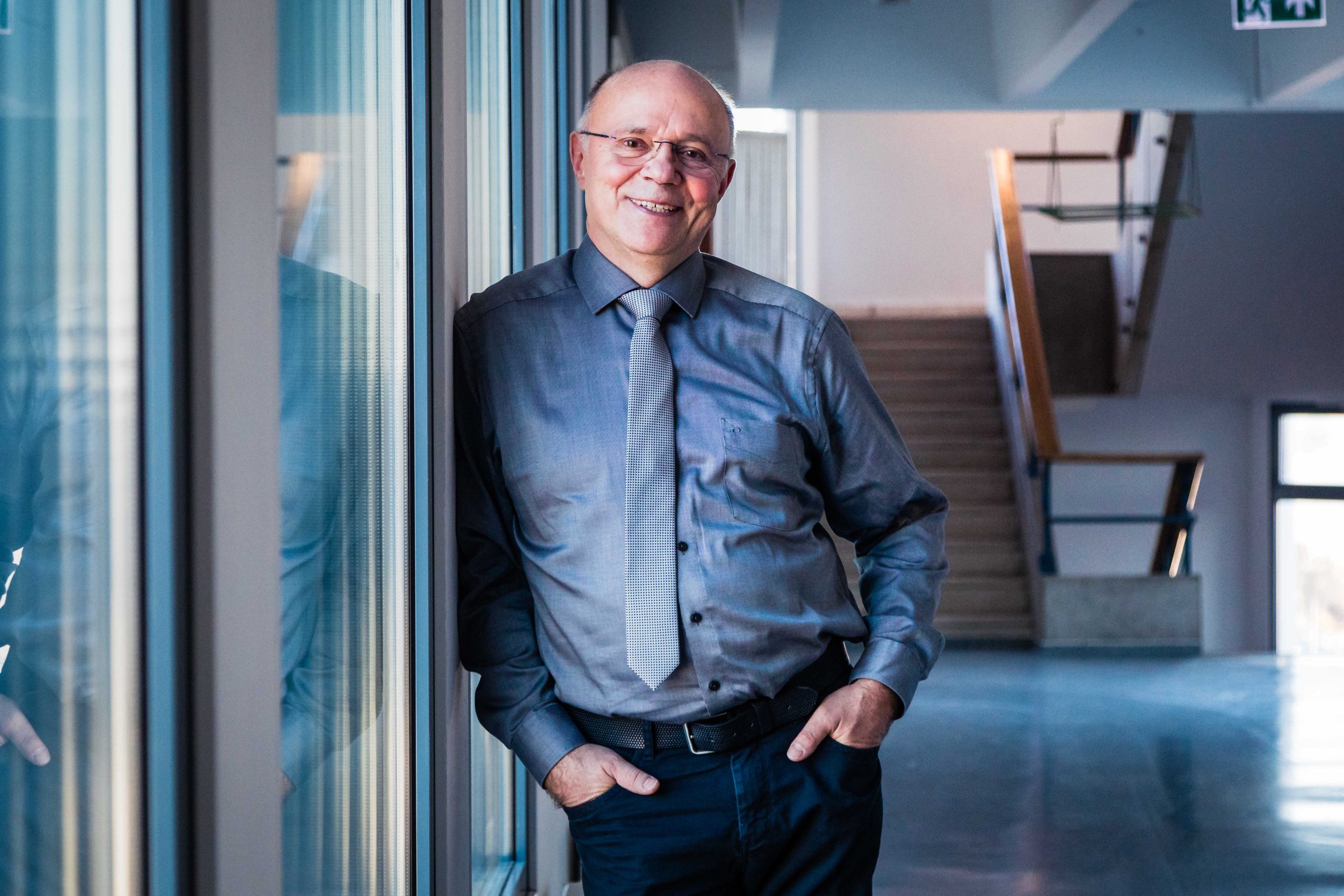Final program
Plenary session
Dr. Marko Babic
Digital Fuel Twin in practice

Dr Marko Babic is the Head of Product Area – Air Quality and Sustainability Solutions at BOSCH, the Germany-based multinational engineering and technology company. He joined Bosch in 2007 and holds a doctorate in electronic engineering and IT as well as diploma in economics and business engineering from the Karlsruhe Institute of Technology.
In his current role, Dr Babic is responsible for development, operation and sales of ambient air quality solutions and digital fuel twin platform, products based on Bosch deep domain expertise in sensors, modelling, simulation, as well as IoT device and big data management.
Prof. Dr. Barna Hanula
The potential of intelligent vehicle control and traffic management for energy consumption

Prof. Dr Barna Hanula was born in 1958 in Budapest and made his MSc in vehicle engineering at TU Budapest. After his studies, he worked in combustion engine research and education and ran his own company for racing engine development. In 1988–1989 he used to be the chief technical officer of the Hungarian Motor Racing Association.
In 1989 he moved to Germany and joined Dr. Schrick GmbH. The company, later AVL-Schrick worked in the Combustion engine development business. In 1999 he became the CEO of the company. He worked on numerous engine projects and later on hybrid and electric drive systems. He completed his PhD in mechanical engineering in 2002. In 2012 he joined Audi Hungaria in Győr, Hungary for an assignment to support the education of mechanical and automotive engineers in Győr. Between 2015–2022 ha was served as Dean of the Audi Hungaria Faculty of Vehicle Engineering at Szechenyi University. From 2023, he has been an associate professor and Consultant of HUMDA. His research fields are renewable and alternative energy, energetic use of hydrogen.
Prof. Dr. Dhinesh Balasubramanian
Enhancing Safety in Hydrogen Mobility: Data-driven Prediction of Leaks

Prof. Dr. Dhinesh Balasubramanian is currently working as an Assistant Professor (Senior) in the Department of Mechanical Engineering, Mepco Schlenk Engineering College, Sivakasi, Tamil Nadu, India, Since July 2017. He has acquired his Bachelor’s, Master’s in Engineering (M.E.) and PhD from Madras Institute of Technology Anna University, Chennai, India. He has completed his Post-Doctoral Fellowship in the area of Hybrid Vehicle Technology and Battery Thermal Management Systems in Thailand and in Vietnam.
His major areas of research are Advanced Diesel Engine Combustion techniques, Hybrid Vehicle Technology, Battery thermal management Systems for Electric Vehicles, Phase Change Materials, etc. As of June 2024, he has published 103 research papers in SCI /Scopus Indexed reputed journals with a total citation of 3972. He has been listed in Stanford University’s list of top 2/1 percent scientists in the world for three consecutive years – 2020, 2021, 2022 (top 1%) – in single-year impact.
Csongor Horváth
Analysis of development trends in the electric powertrain sector

Csongor Horváth is the representative of Robert Bosch Hungary, which hosts our conference. In fact, you are not just a host but a professional partner along the common journey.
He is a mechatronic engineer with over a decade of experience in electrical drivetrain development. He received his Masters at the Óbuda University, Budapest. As a Senior Expert in Electrical Drivetrain Development, he has keen understanding of the challenges they face in the field. He is particularly passionate about power electronics, including the challenges of reducing losses in SiC inverters, selecting and fine-tuning the right type of electrical machine for various applications (PMSM, IM, EESM, and more) and to optimizing the transmissions. In the last three years, he has been working and leading an innovative drivetrain development project within Bosch.